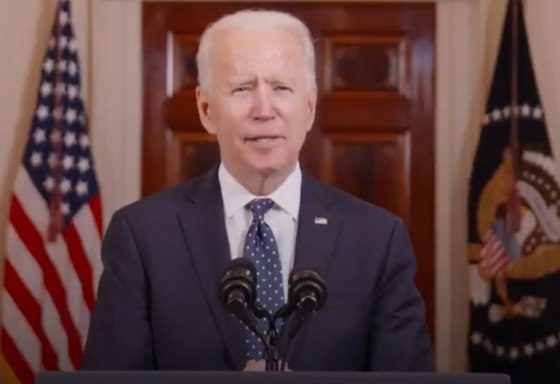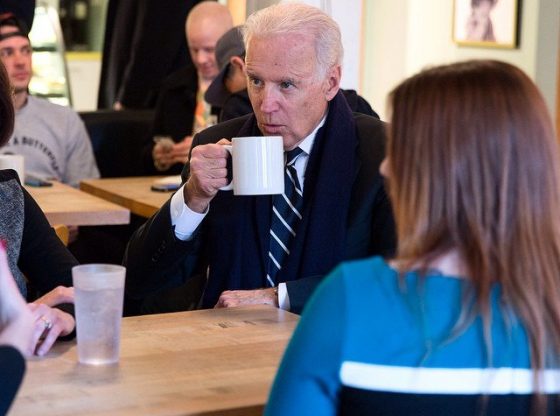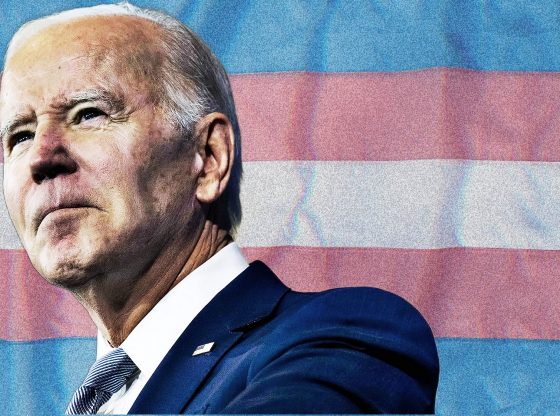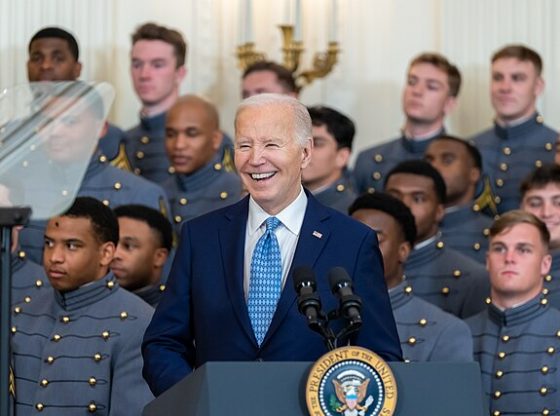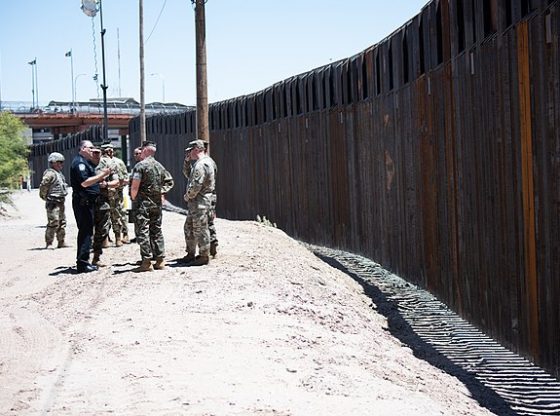NEW YORK—The second week of witness testimony in former President Donald Trump’s trial concluded Friday without clear evidence of the crimes he allegedly committed.
The jury has heard mentions of salacious stories about celebrities, been introduced to the world of tabloid magazines and peaked into the inner-workings of Trump’s campaign, but witness testimony has not yet established key portions of prosecutors’ claims. Prosecutors are seeking to prove Trump falsified business records relating to Michael Cohen’s $130,000 payment made to keep Stormy Daniels quiet about claims of a “sexual encounter” ahead of the 2016 election, as alleged in the indictment, and that he did so in service of a broader “conspiracy” to influence the 2016 election, as they clarified during opening statements.
Former White House communications director Hope Hicks, one of the prosecution’s witnesses called on Friday, gave testimony that benefited the defense by undermining the contention that efforts to suppress the stories were primarily related to the campaign.
“President Trump really values Mrs. Trump’s opinion,” Hicks said, referring to former first lady Melania Trump. “And she doesn’t weigh in all the time, but when she does it’s really meaningful to him. He really, really respects what she has to say.”
Prosecutors questioned Hicks, who at one point cried on the stand, on the Trump campaign’s response to a Washington Post story in 2016 on the “Access Hollywood” tape and the media storm that ensued, which she described as “intense.” While the judge ruled prior to the trial that the video itself could not be introduced, he allowed prosecutors to question witnesses about it to establish his motive to suppress other damaging stories in the days after its release.
However, contrary to former National Enquirer publisher David Pecker’s testimony last week that Trump seemed more concerned about his campaign, Hicks repeatedly emphasized Trump’s focus on his family and wife. After The Wall Street Journal published an article in November 2016 on the National Enquirer’s deal to purchase and not publish Karen McDougal’s story about an alleged affair, Hicks said Trump was “concerned how it would be viewed by his wife” and wanted to make sure the newspapers weren’t delivered to their residence that morning.
Trump’s own involvement in the payment has also not yet been clearly established. While Hicks said Cohen’s claim to her that he made the Daniels’ payment out of the kindness of his heart was “out of character” for him, she agreed on cross examination that he had a tendency to go “rogue” and take actions staff on the campaign — of which he was not an official part — found frustrating and unhelpful.
“He liked to call himself a ‘fixer,’” she said. “It was only because he first broke it.”
Jurors heard on Thursday an audio recording made by Cohen of a conversation with Trump about purchasing McDougal’s story — a recording that was previously leaked to CNN in 2018 — where Trump is heard asking “what financing?” and later says “pay with cash.”
However, the tape cuts off mid-conversation, and it’s unclear what decision was made. Trump’s defense sought to cast doubt on the integrity of the recording Friday in cross examining Douglas Daus, an analyst in the High Technology Analysis Unit at the Manhattan District Attorney’s Office who analyzed two of Cohen’s phones.
Daus said Friday he did not find evidence of tampering but agreed with defense attorney Emil Bove that the phone’s history, which included a factory reset, a sync from Cohen’s laptop in 2017, a prior FBI search and another sync in 2020, creates questions about the integrity of the recording.
Bove then tied the recording again to Cohen’s credibility, asking Daus if it was necessary to just “take Michael Cohen’s word” for the integrity of the evidence on the device. Daus agreed.
In another recording played Thursday of a phone call between he and Keith Davidson, former attorney for Daniels and McDougal, Cohen says Trump told him “I hate the fact that we did it” — a reference to the Daniels’ deal.
Keith Davidson, former attorney for Daniels and McDougal, agreed Thursday that he never saw a copy of the Daniels’ agreement signed by “David Dennison,” Trump’s pseudonymous name.
Friday also brought testimony by Georgia Longstreet, a paralegal in the Manhattan District Attorney’s Office who monitors social media accounts related to the case. During her testimony, prosecutors displayed various posts from Trump’s Twitter account in October 2016, including the video statement he put out after the “Access Hollywood” tape, and more recent posts from Trump’s Truth Social account.
The defense used part of cross examination as an opportunity to again point to Cohen, asking whether Longstreet also reviewed his X and TikTok accounts.
Cohen has discussed the case on TikTok amid the trial, making comments including “Trump 2024?…More like Trump 20-24 years,” according to ABC News.





